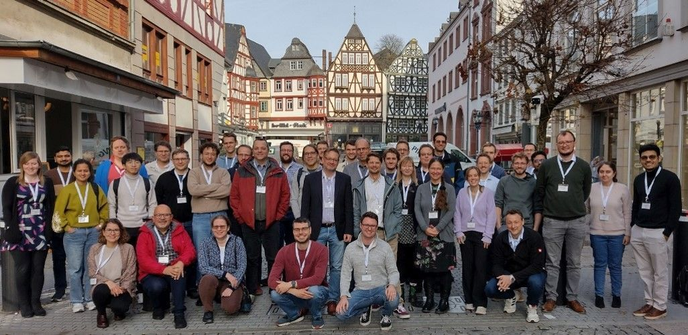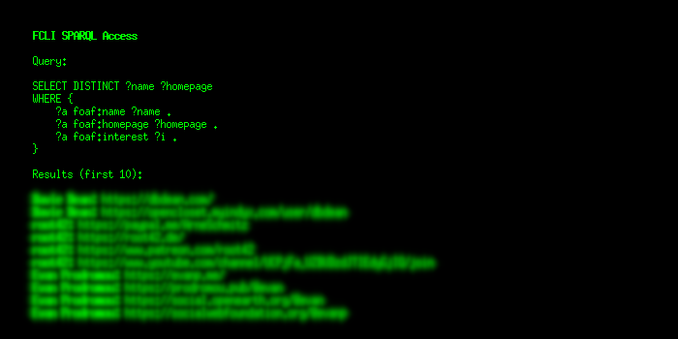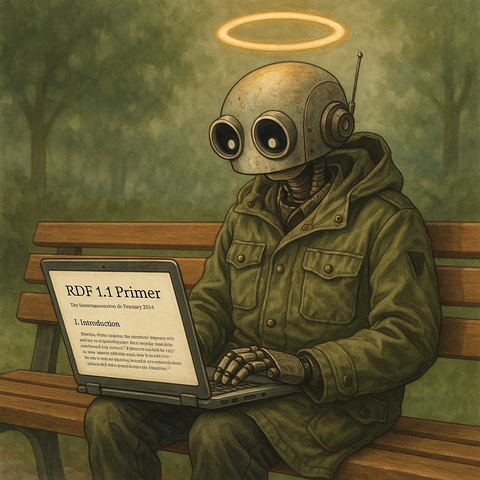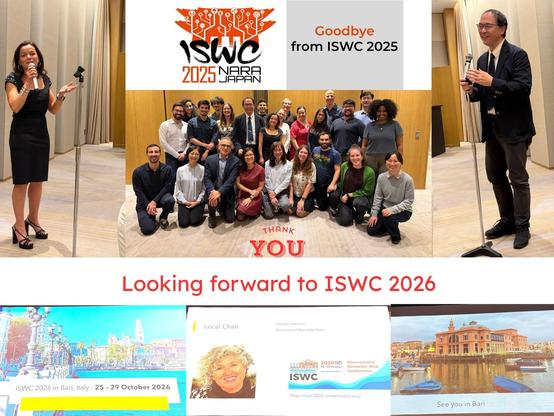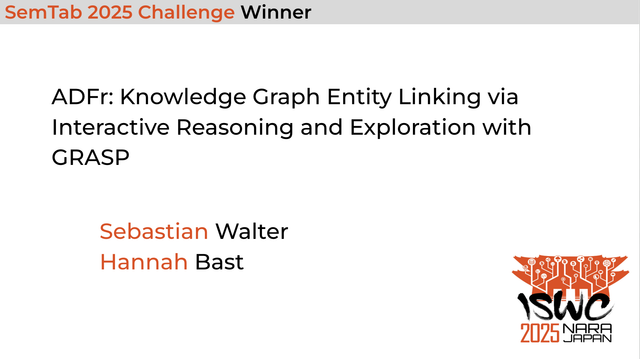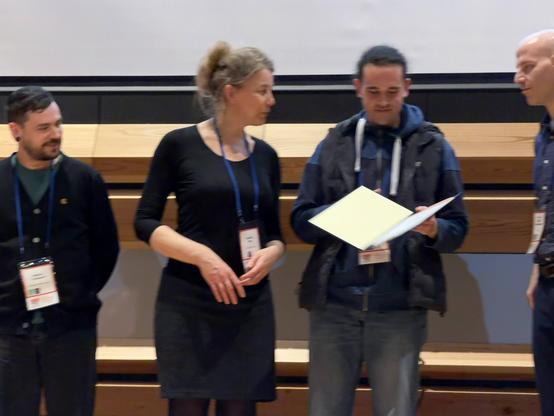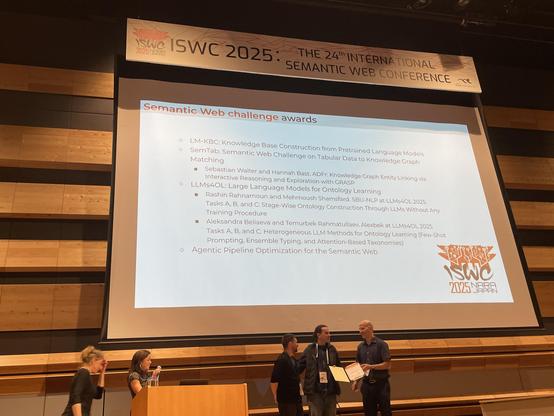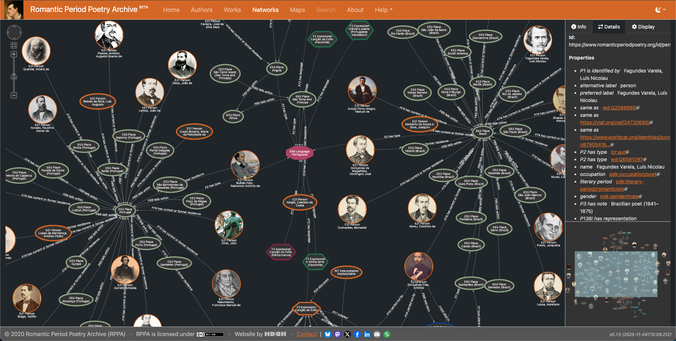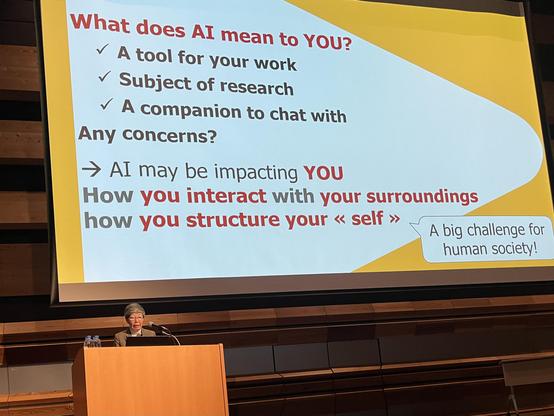🔗 RICH DATA: Why JSON-LD Matters
Traditional credentials = strings. Humans interpret. No machine understanding.
DC4EU credentials = linked data:
📊 JSON-LD enables:
• ESCO skills referenced via URIs
• EQF/NQF levels linked to definitions
• Competencies machine-queryable
Example: Query "ESCO skill S2.2.1 at EQF Level 5"
→ Credentials responds with semantic understanding
Rich semantics + cryptographic trust = real interoperability.
#LinkedData #JSONLD #SemanticWeb #ESCO #SkillsMatching
